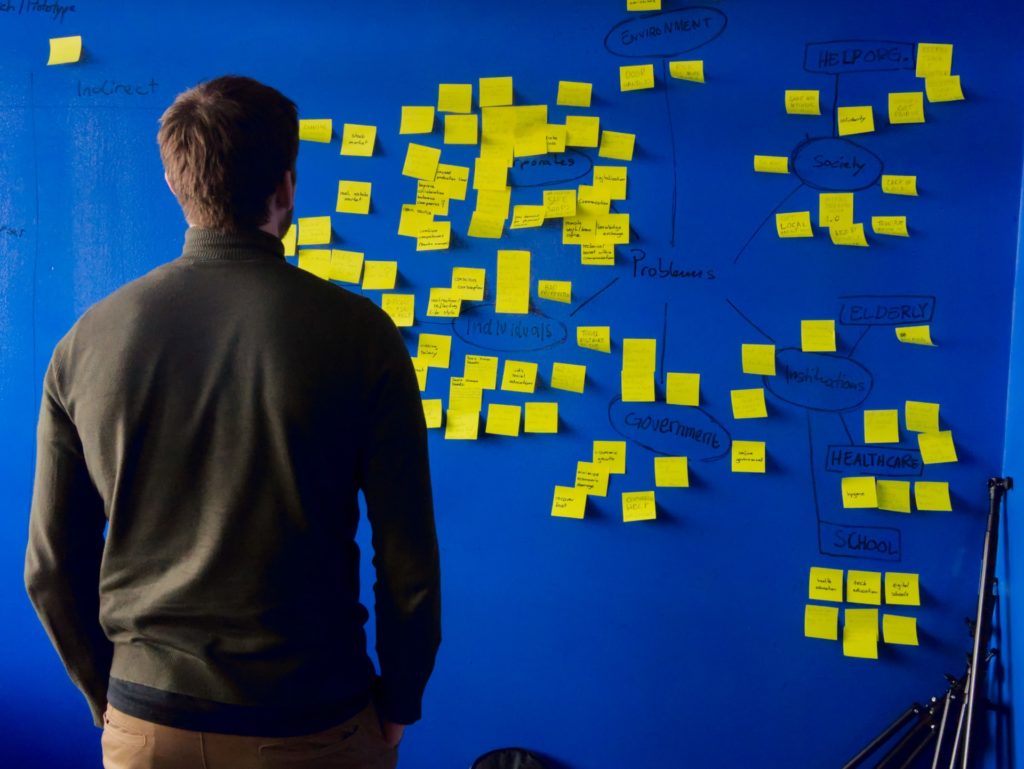
By Yvonne Milosevic
Want to get better at a foreign language/playing the piano/giving presentations? The not-so-secret method for improving performance in almost any area of life is practice. And lots of it. But a study shared in Insights by Stanford Business found that practice does not benefit one specific sphere: creativity. In fact, it actually impedes our inventiveness.
Wait—what?
Yup. Recurring brainstorming sessions generate fewer novel ideas, say researchers Melanie S. Brucks of Chicago University and Szu-chi Huang of Stanford GSB. The results surprised both of them. Oddly enough, “people got worse at one type of idea generation, even as they thought they were getting better at it,” lead author Brucks explains.
Huang, an associate professor of marketing at the GSB, says that practice is always a good thing in her field. “But it turns out that to get better at creativity, you need to do some creative thinking about creative thinking.”
Testing the Creative Process
In a nutshell, creative cognition has two elements: divergent and convergent thinking. You use divergent thinking when brainstorming new ideas based on what you know. Convergent thinking, meanwhile, is about making connections between different existing ideas.
Brucks and Huang tested their theory by assigning one group of test subjects to practice divergent creativity tasks and another group to convergent creativity tasks for 12 straight days. All participants completed their tasks between 6 a.m. and noon.
Those in the divergent thinking group had to spend a few minutes coming up with new product names each day. People in the convergent thinking group had to perform the Remote Associates Test (RAT). For this exercise, they had to identify a common link between three different words. For instance, “chair” can link with the words “rocking,” “wheel,” and “high.”
Over the 12 days, Brucks and Huang found that the divergent thinkers hardly increased the number of unique ideas they came up with. What’s more, when it came to novelty, they got worse rather than better over time. But, the convergent thinkers had a “markedly higher boost in creativity as they got better at the task.”
With most skills, practice produces improvement by reinforcing specific cognitive pathways in the brain, Brucks explains. The downside, she notes, is that by training the brain to become more efficient, it also becomes less flexible.
Creativity Rises With the Sun

Brucks and Huang’s investigation also tested how the time of day might affect productivity. They assigned 507 test subjects to practice the same name-generating task in different time blocks over 14 days.
One group worked between 8-10 a.m. while another worked between 4 -6 p.m. A third “flexible” group could choose any time they wanted between 6 a.m. and midnight.
It turns out that our divergent thinking skills get sluggish as the day goes on. And those night owls brainstorming at 11 p.m. had the lowest productivity of all. “People are prone to habitual thinking late in the day,” Brucks explains. “They’re even less likely to diverge from already well-traveled cognitive pathways.”
Try This Instead
The World Economic Forum called creativity one of the top three skills needed in the 21st century. While this study’s results make it seem as though we can’t improve our creative output through practice, the truth is not so cut and dry.
“To practice creativity effectively, we have to change how we define practice,” says Huang. Imposing constraints can lead to more creativity, as the RAT participants discovered. Disrupting routines might help more than trying to routinize them, the researchers suggest.
“Technique-wise, business brainstorming might well evolve into something closer to the improvisational exercises that acting students perform to get out of their comfort zone and unleash their creative instincts.”
Theater groups such as Improv Asylum in Boston, Bats Improv in San Francisco, or Business Improv based in New York, Los Angeles, and Chicago, offer virtual workshops to stimulate teamwork and creativity. This article in Medium also offers a slew of activities to boost creativity in teams.
To sum up, people hoping to spark their creativity just need to look beyond the obvious path. As Brucks explains, “You want to do something that prevents you from rehearsing the same thing over and over again.”
***
For more thoughts on creativity and how to boost your own, don’t miss this post: Want to Become More Creative? Head to Finland.


